Why Pakistan needs 'reparations' to fight deadly floods

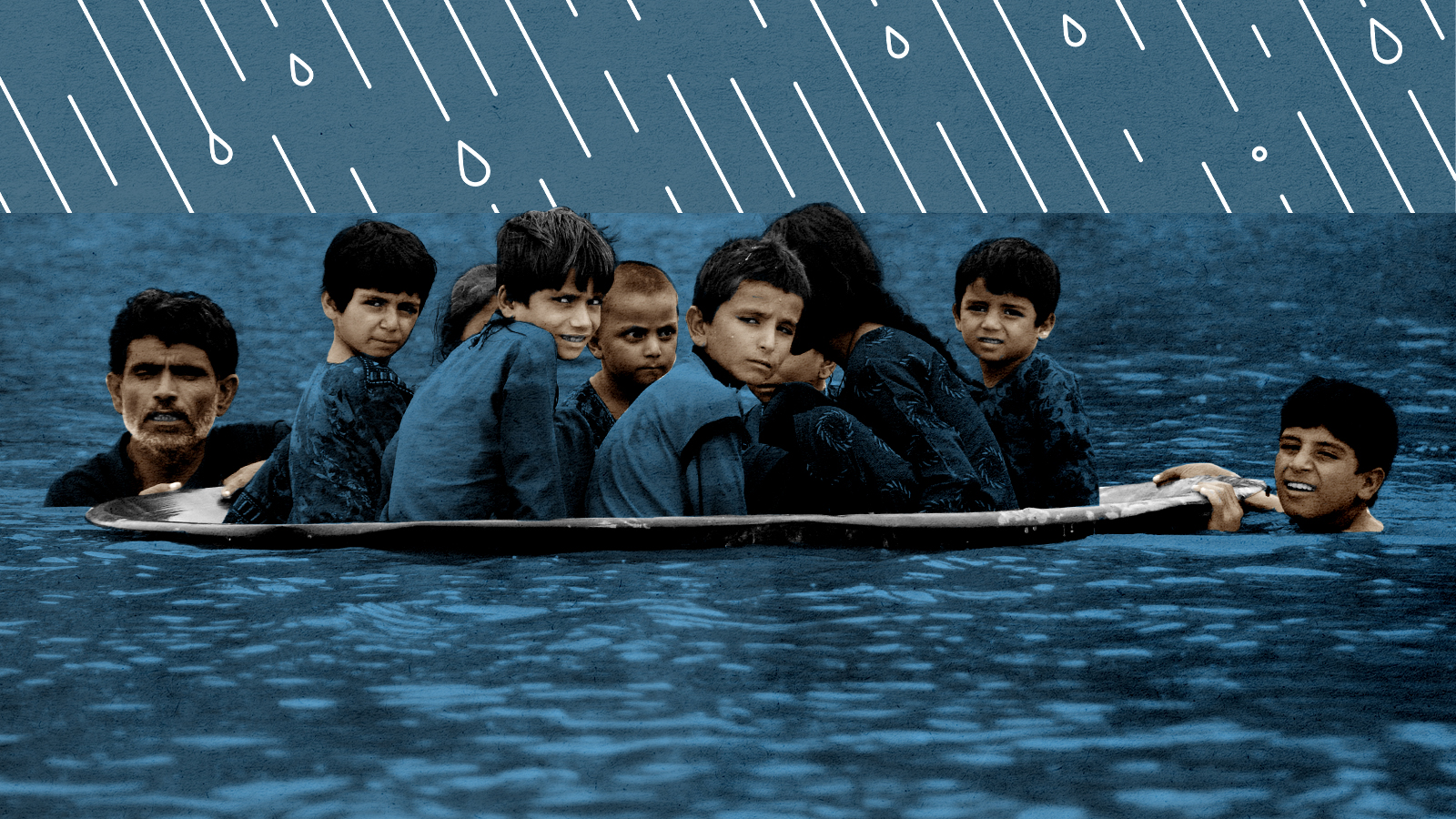
A free daily email with the biggest news stories of the day – and the best features from TheWeek.com
You are now subscribed
Your newsletter sign-up was successful
When it comes to extreme weather, it seems Pakistan just can't catch a break. Here's everything you need to know about the devastating downpours wreaking havoc on the world's fifth most-populous nation:
What's happening?
A third of Pakistan is now underwater thanks to a violent eight weeks of flooding, Pakistan Climate Change Minister Sherry Rehman said Monday. The onslaught of rainfall — which has "ripped away mountainsides, swept buildings off their foundations, and roared through the countryside, turning whole districts into inland seas" — has also killed over 1,100 people while damaging or destroying more than 1 million homes, The New York Times reports. "This is a huge humanitarian disaster, and I would call it quite apocalyptic," Rehman told Sky News, per The Washington Post.
The ongoing catastrophe is just the latest in a country ranked eighth most vulnerable to extreme weather, according to a global climate risk index cited by Vox. It also notably follows a devastating spring heatwave, wherein warmer, moisture-dense air collected and eventually came down "in torrents," writes The Associated Press. Though monsoons and storms are typical in Pakistan, "we do expect them spread out," Reham told AP. There are also usually reprieves from any downpours, which typically run smaller than those drowning the nation now.
The Week
Escape your echo chamber. Get the facts behind the news, plus analysis from multiple perspectives.

Sign up for The Week's Free Newsletters
From our morning news briefing to a weekly Good News Newsletter, get the best of The Week delivered directly to your inbox.
From our morning news briefing to a weekly Good News Newsletter, get the best of The Week delivered directly to your inbox.
"If that rainfall was distributed over the season, maybe it wouldn't be that bad," climate scientist Deepti Singh told the Times. But "our systems are just not designed to manage that," especially in vulnerable societies like Pakistan's. The already-strained nation is now also preparing for a resulting jolt in food prices, considering most of its farmland is drowning in floodwater. Finance Minister Miftah Ismail has said Pakistan will allow duty-free vegetable imports to try and avoid a domestic market price hike, and will consider temporarily permitting trade with neighboring India to do so, Bloomberg reports.
Overall, Planning Minister Ahsan Iqbal estimates it will take Pakistan "the better part of a decade" to recover from the estimated over $10 billion worth of damage caused by the floods, the Times summarizes.
Does climate change have anything to do with this?
Yes, it does … though researchers are working to figure out just how much. Pakistan is extremely vulnerable to the effects of global warming, and has all the necessary prerequisites for a climate change-induced extreme weather event. But scientists have not finished tabulating what might have happened here in a world without global warming. "That study, expected in a few weeks, will formally determine how much climate change is a factor, if at all," AP writes.
And it's not just straightforward rain and heat causing all this destruction — melting glaciers and snow have contributed to the mess, as well, "adding water to rivers and streams that are already swollen by rainfall," reports Vox. "We have the largest number of glaciers outside the polar region, and this affects us," climate minister Rehman told AP. "Instead of keeping their majesty and preserving them for posterity and nature. We are seeing them melt," she said.
A free daily email with the biggest news stories of the day – and the best features from TheWeek.com
Further, though monsoon season is, of course, an expected part of the South Asian summer, "the challenge of preparing for more intense rains is complicated" by the "persistent political instability" and economic turmoil in Pakistan, the Times adds. So for example, though the nation "saw similar flooding and devastation in 2010," a resource-strapped and politically shaky government failed to implement a plan to prevent future disasters, AP reports. People just "weren't focusing on that," Brookings Institution Analyst Madiha Afzal told the Times.
How has the international community responded?
United Nations Secretary-General António Guterres on Tuesday issued a "flash $160 million appeal" for the "flood-ravaged" nation, CNN reports. "The Pakistani people are facing a monsoon on steroids — the relentless impact of epochal levels of rain and flooding," Guterres said. "Let's stop sleepwalking towards the destruction of our planet by climate change." It's Pakistan today, but "tomorrow, it could be your country."
Other international aid — such as military aircraft from Turkey and the United Arab Emirates — has otherwise begun to arrive in Pakistan, the country's military announced Tuesday. China and Japan also plan to send supplies, while "the United Kingdom, Canada, Australia and Azerbaijan have announced financial assistance," CNN writes. Earlier in August, the U.S. Agency for International Development pledged $100,000 in immediate humanitarian aid, as well as an additional $1 million to "build resilience against natural disasters."
Further, the International Monetary Fund on Monday released $1.1 billion in funding to help Pakistan avoid defaulting on its debt.
Why should Americans care about the flooding?
Aside from the resulting death and destruction, the likely climate change-induced flooding has reignited an ongoing debate as to "whether developed, wealthier countries such as the United States — the largest historical emitter of carbon dioxide — should help cover the costs of climate change for poorer countries," the Post writes.
For instance, Pakistan and other developing nations are responsible for but a fraction of the greenhouse gas emissions at the heart of global warming, yet "they suffer outsized damage and are also expected to pay for costly modernization to limit their current pollution," the Times writes. Therefore "any flood relief that is given should not be seen as 'aid,' but rather as reparations for injustices accumulated over the past few centuries," sociology professor Nida Kirmani told the Times.
And Pakistani Climate Minister Sherry Rehman agrees with Kirmani: "We hardly contribute any emissions to the broader emission blanket that makes for greenhouse gasses to turn our climate into a living hell," she told Sky News, per the Post.
Brigid Kennedy worked at The Week from 2021 to 2023 as a staff writer, junior editor and then story editor, with an interest in U.S. politics, the economy and the music industry.
-
 The environmental cost of GLP-1s
The environmental cost of GLP-1sThe explainer Producing the drugs is a dirty process
-
 Greenland’s capital becomes ground zero for the country’s diplomatic straits
Greenland’s capital becomes ground zero for the country’s diplomatic straitsIN THE SPOTLIGHT A flurry of new consular activity in Nuuk shows how important Greenland has become to Europeans’ anxiety about American imperialism
-
 ‘This is something that happens all too often’
‘This is something that happens all too often’Instant Opinion Opinion, comment and editorials of the day
-
 Death toll from Southeast Asia storms tops 1,000
Death toll from Southeast Asia storms tops 1,000speed read Catastrophic floods and landslides have struck Sri Lanka, Indonesia, Thailand and Malaysia
-
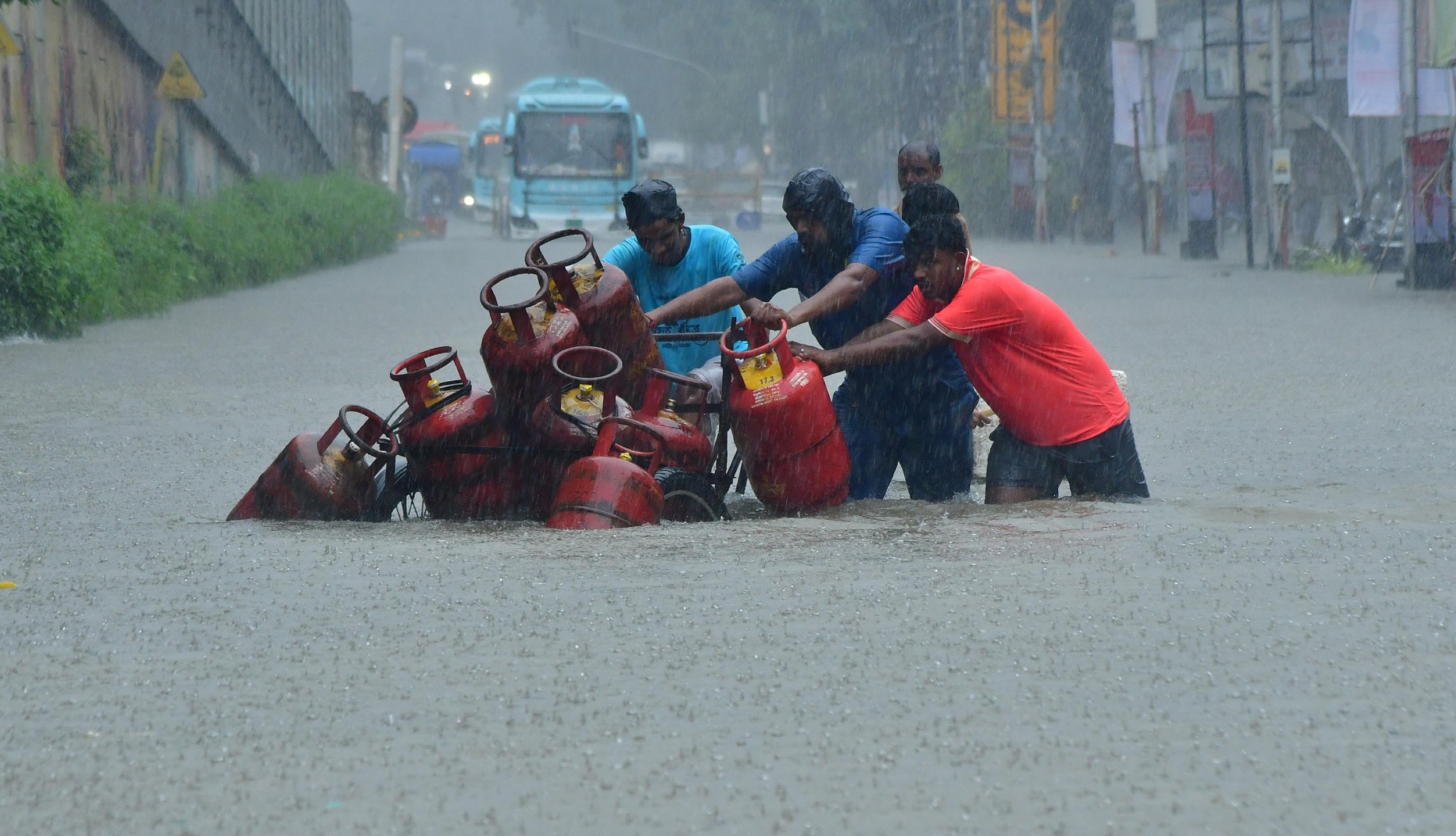 Cloudbursts: what are the 'rain bombs' hitting India and Pakistan?
Cloudbursts: what are the 'rain bombs' hitting India and Pakistan?The Explainer The sudden and intense weather event is almost impossible to forecast and often leads to deadly flash-flooding and landslides
-
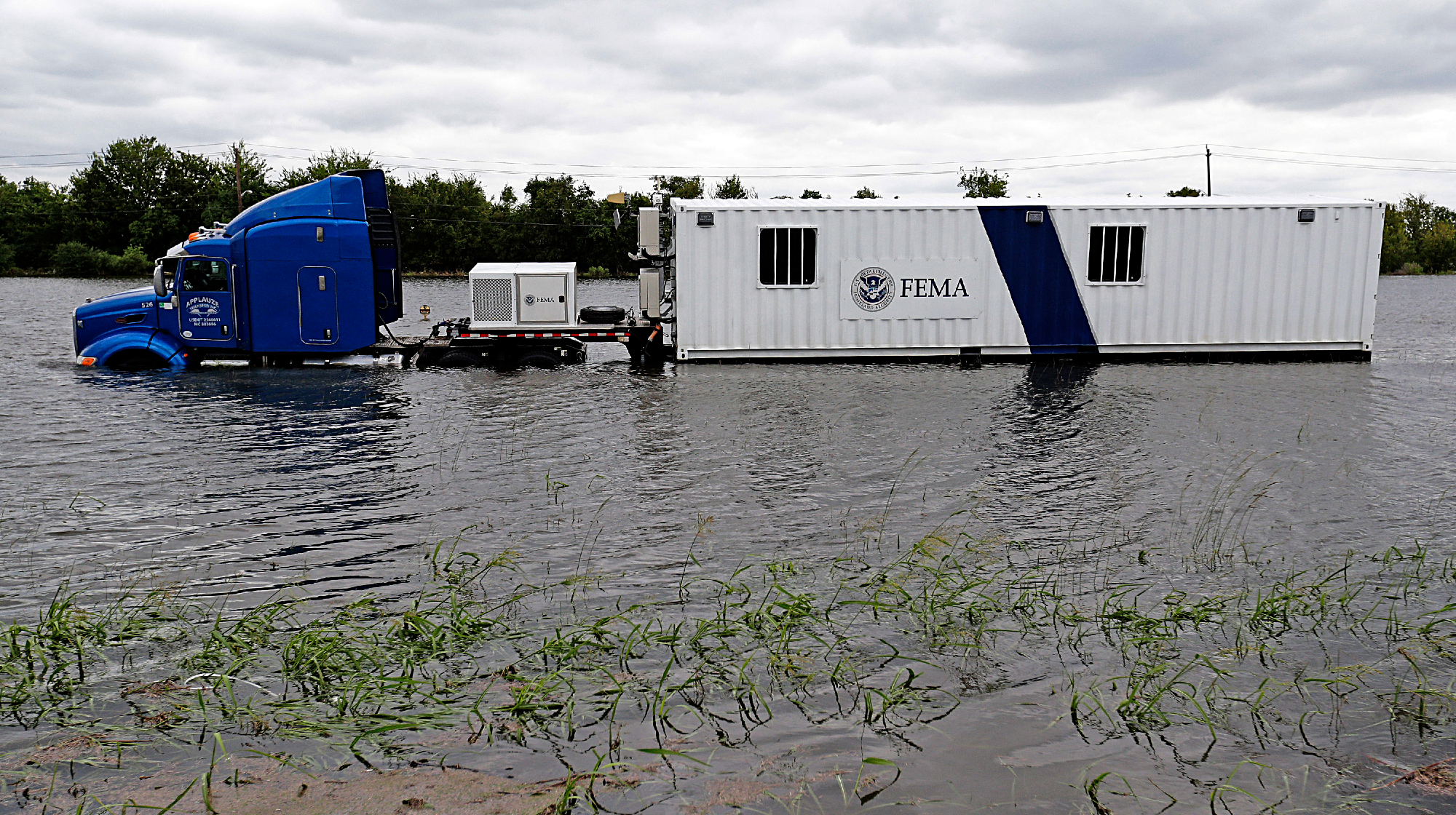 FEMA Urban Search and Rescue chief resigns
FEMA Urban Search and Rescue chief resignsSpeed Read Ken Pagurek has left the organization, citing 'chaos'
-
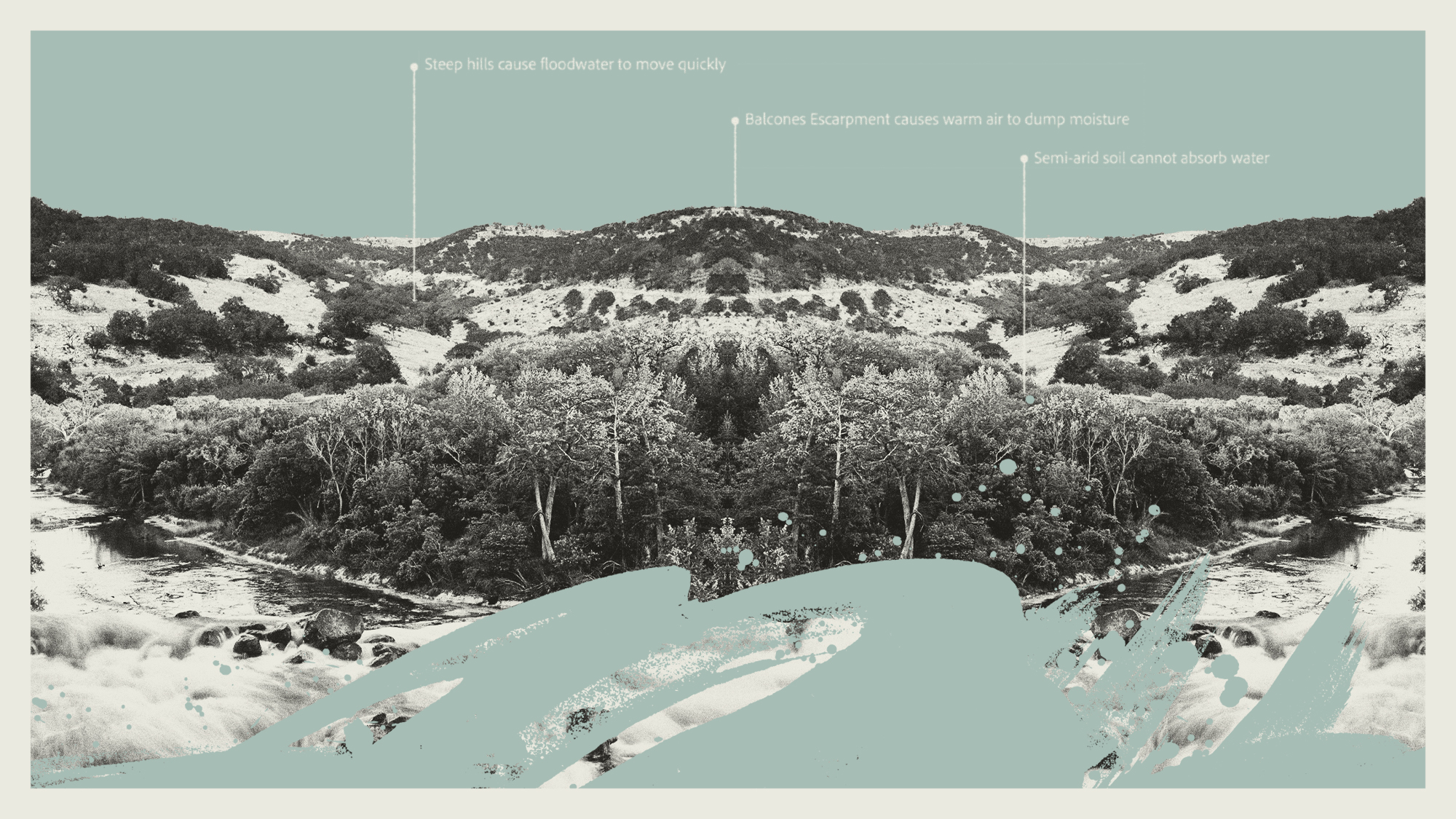 Why are flash floods in Texas so deadly?
Why are flash floods in Texas so deadly?Today's Big Question Over 100 people, including 27 girls at a summer camp, died in recent flooding
-
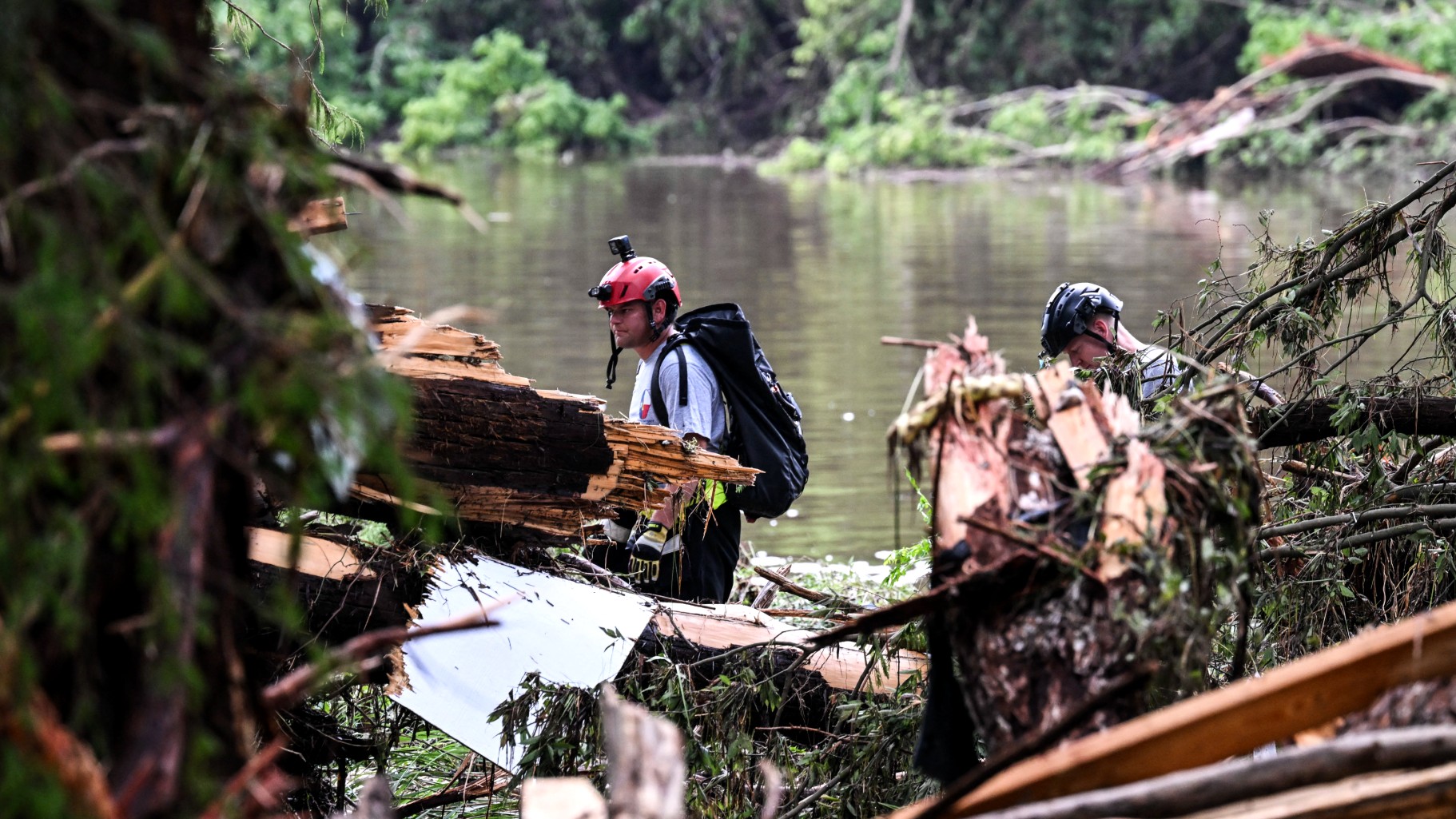 Search for survivors continues after Texas floods
Search for survivors continues after Texas floodsSpeed Read A total of 82 people are confirmed dead, including 28 children
-
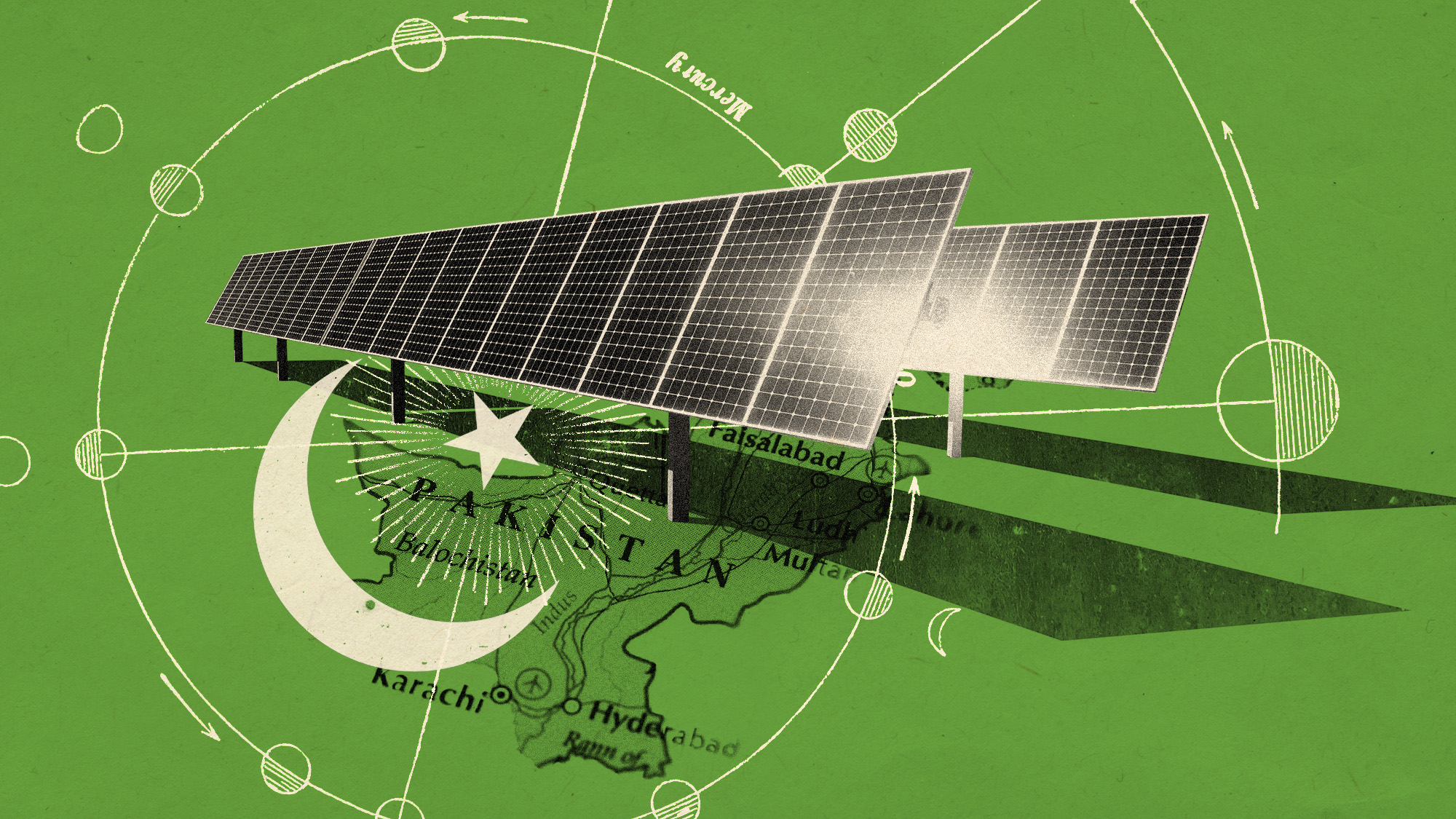 Pakistan's solar panel boom
Pakistan's solar panel boomUnder The Radar A 'perfect storm' has created a solar 'revolution' in the south Asian country
-
 Parts of California are sinking and affecting sea level
Parts of California are sinking and affecting sea levelUnder the radar Climate change is bringing the land to the sea
-
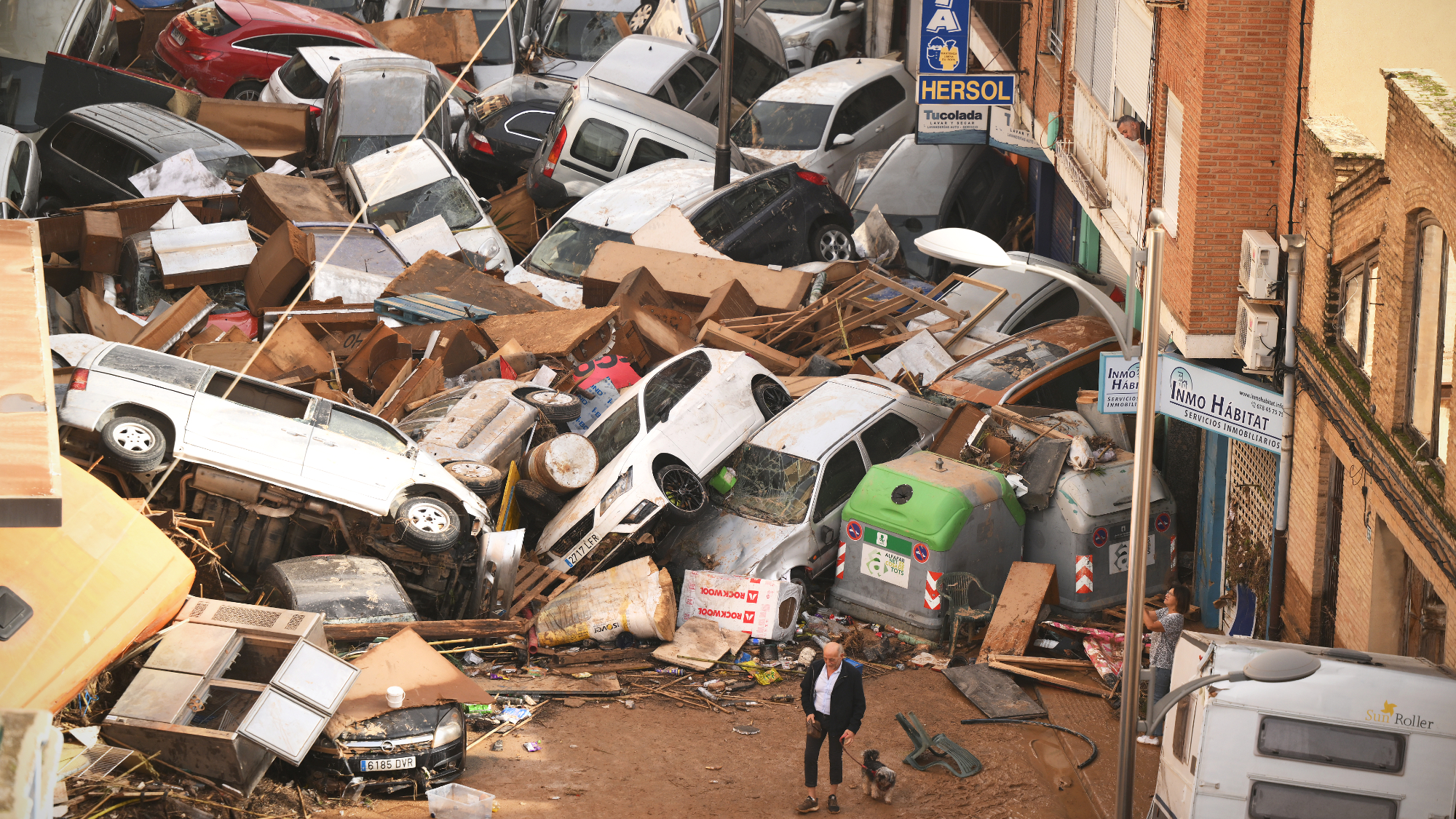 At least 95 dead in Spain flash floods
At least 95 dead in Spain flash floodsSpeed Read Torrential rainfall caused the country's worst flooding since 1996
